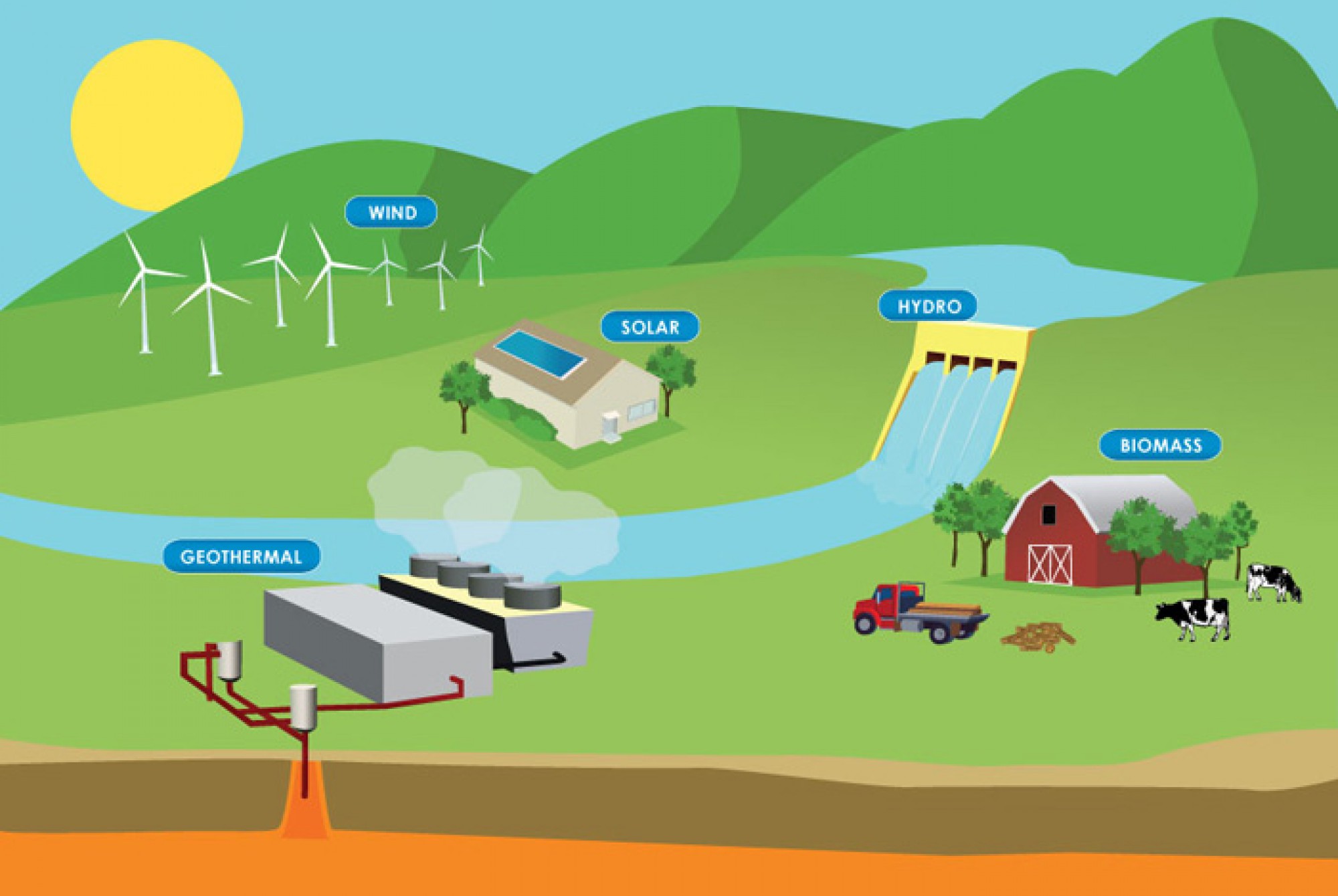
croppedalternativeenergysourcesforkids2.jpg
Below, you can find resources and information on the basics of solar radiation, photovoltaic and concentrating solar-thermal power technologies, electrical grid systems integration, and the non-hardware aspects ( soft costs) of solar energy. You can also learn more about how to go solar and the solar energy industry.

Renewable energy Polarpedia
In this interactive chart we see the share of primary energy consumption that came from renewable technologies - the combination of hydropower, solar, wind, geothermal, wave, tidal and modern biofuels. Traditional biomass - which can be an important energy source in lower-income settings is not included.
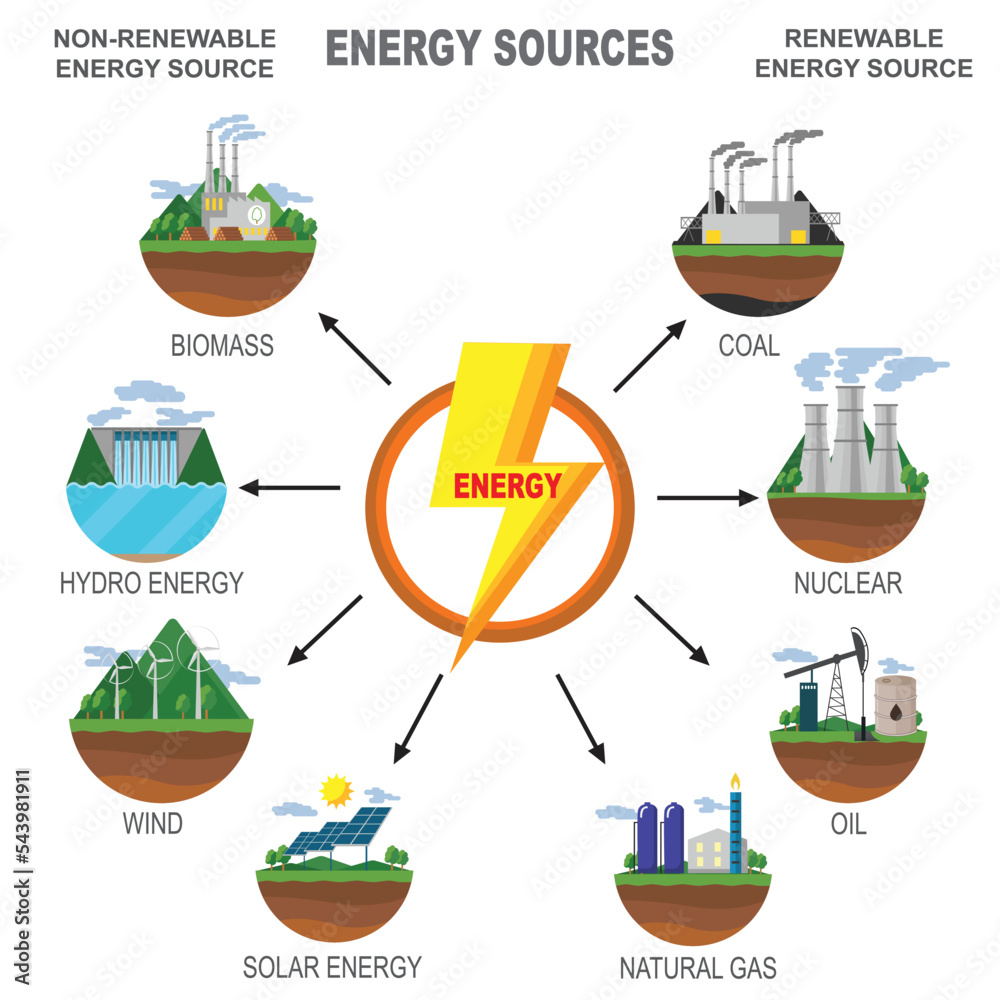
Renewable and Non renewable sources of Energy Diagram vector illustration Stock Vector Adobe Stock
Stock-flow diagram for MSW to electric energy generation potential in Khulna city.. According to Sustainable and Renewable Energy Development Authority (SREDA) total installed renewable capacity for the whole country is 781.05 MW of which 70% is from the solar source. Thus, this study has been conducted with a view of informing policy makers.

Renewable and Nonrenewable EnergyDefinition, Resources, Types, Differences, PDF Learn Mechanical
Renewable energy. Renewable energy sources, especially solar photovoltaic and wind, are providing an increasing share of electricity production. [1] Renewable energy is energy from renewable resources that are naturally replenished on a human timescale. Renewable resources include sunlight, wind, the movement of water, and geothermal heat.
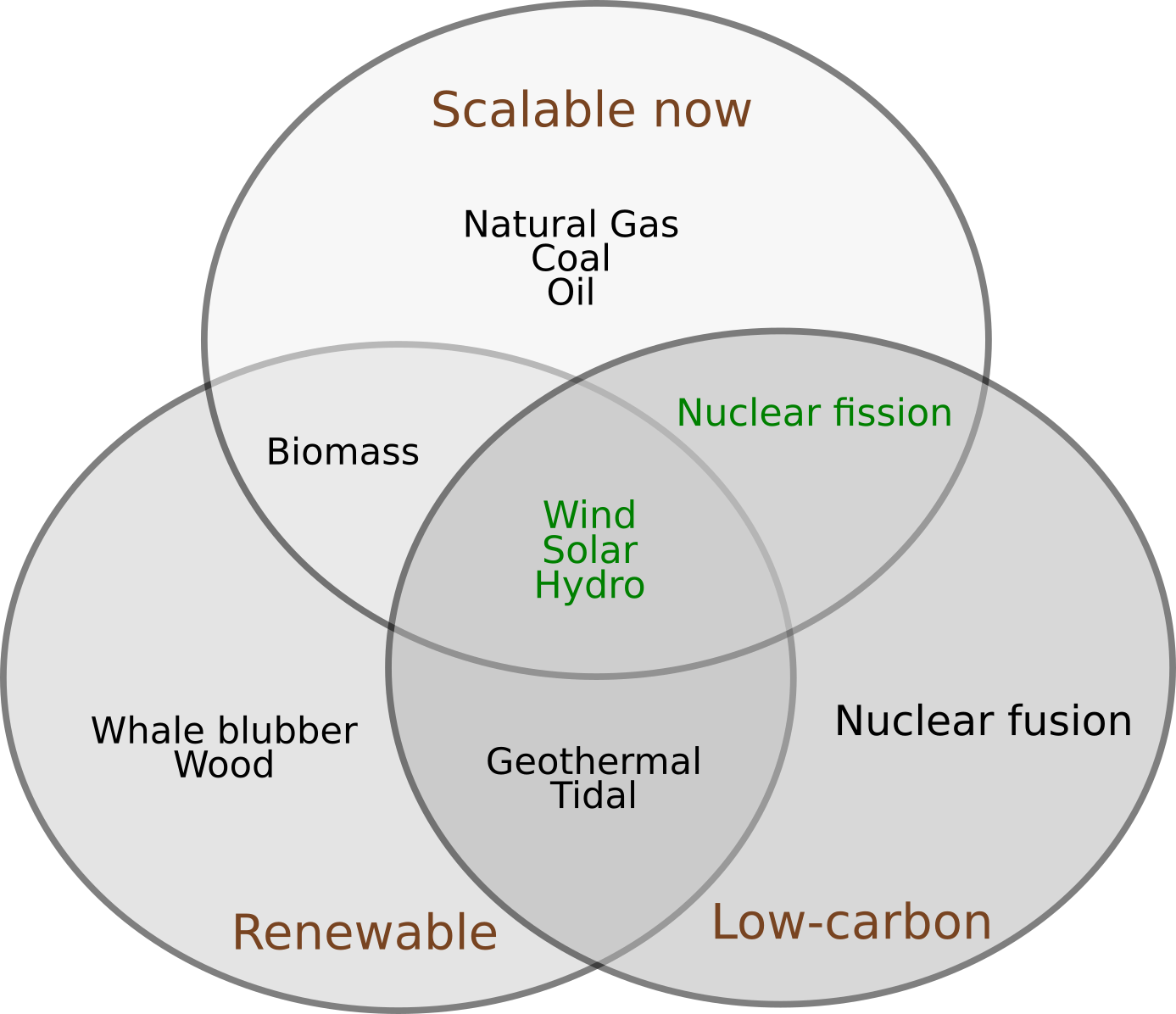
Fossil Fuels Venn Diagram Gambaran
Hydropower, or hydroelectric power, is a renewable source of energy that generates power by using a dam or diversion structure to alter the natural flow of a river or other body of water.

Venn Diagram Of Renewable And Nonrenewable Resources
renewable energy, usable energy derived from replenishable sources such as the Sun ( solar energy ), wind ( wind power ), rivers ( hydroelectric power ), hot springs ( geothermal energy ), tides ( tidal power ), and biomass ( biofuels ). The transition to renewable energy explained by Phil the Fixer
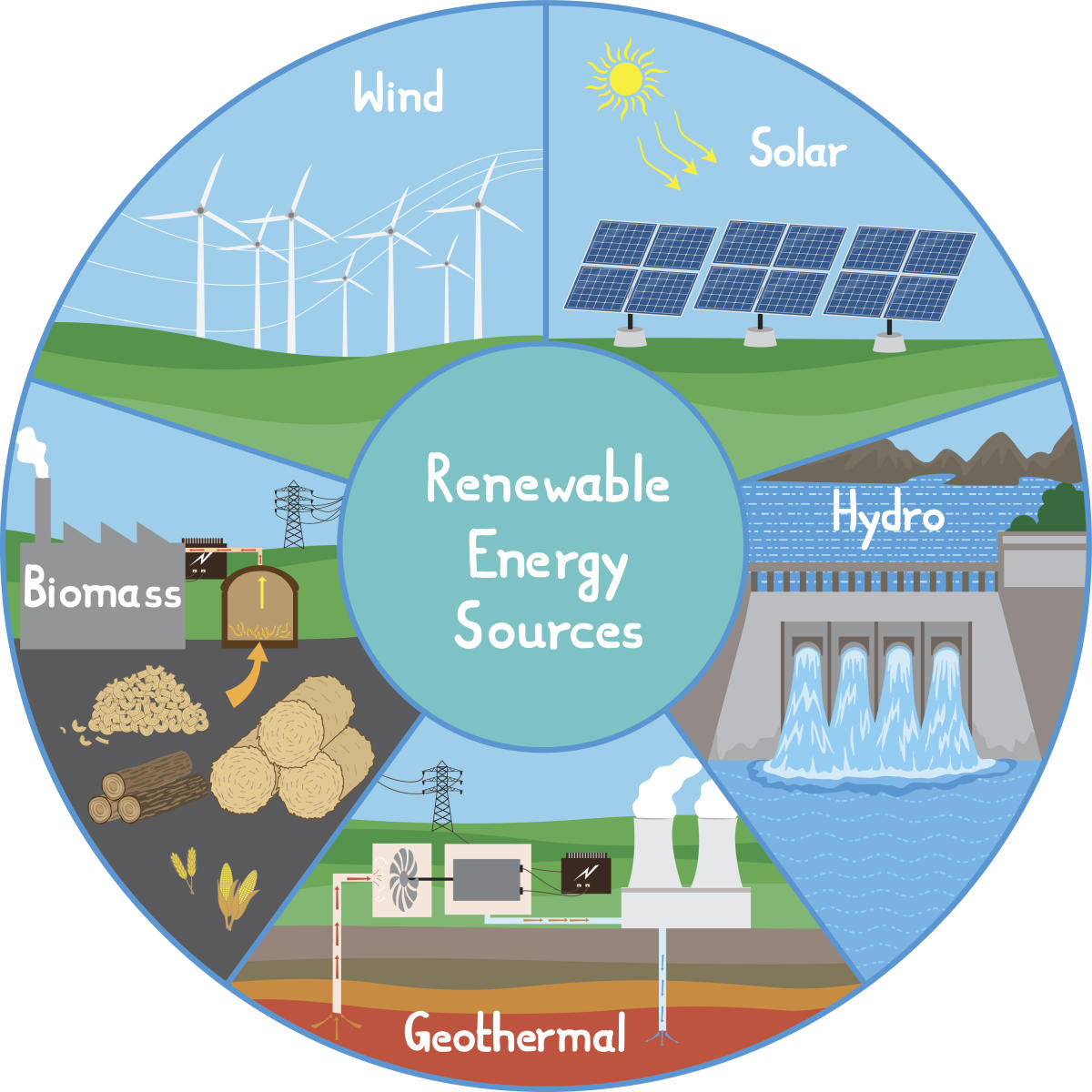
Emmanuel Ledesma Psalm 3 Types of Renewable Sources Energy Projects Saves Big Money
System diagram for renewable energy conversion. The system's main goal is to maintain the constant availability of services and products for society, production of which requires constancy of usable energy flow. Development and optimization of the efficient energy conversion systems is a necessary condition for making this system resilient and.

Renewable Energy Sources lialij
Renewable Resources Allocation provides data on renewable resources in the study area. In the PVsyst Simulation and Result section, the outcomes from PVsyst software are presented.. the collector plane and the energy injected into the grid for a hypothetical solar power system is shown in the Daily Energy Input and Output Diagram. The graph.
Renewable Energy Sources Luxembourg, SAVE 35 pacificlanding.ca
1 45 minutes Figure 1. The five sources of renewable energy. copyright Summary In this lesson, students are introduced to the five types of renewable energy resources by engaging in various activities to help them understand the transformation of energy (solar, water and wind) into electricity.
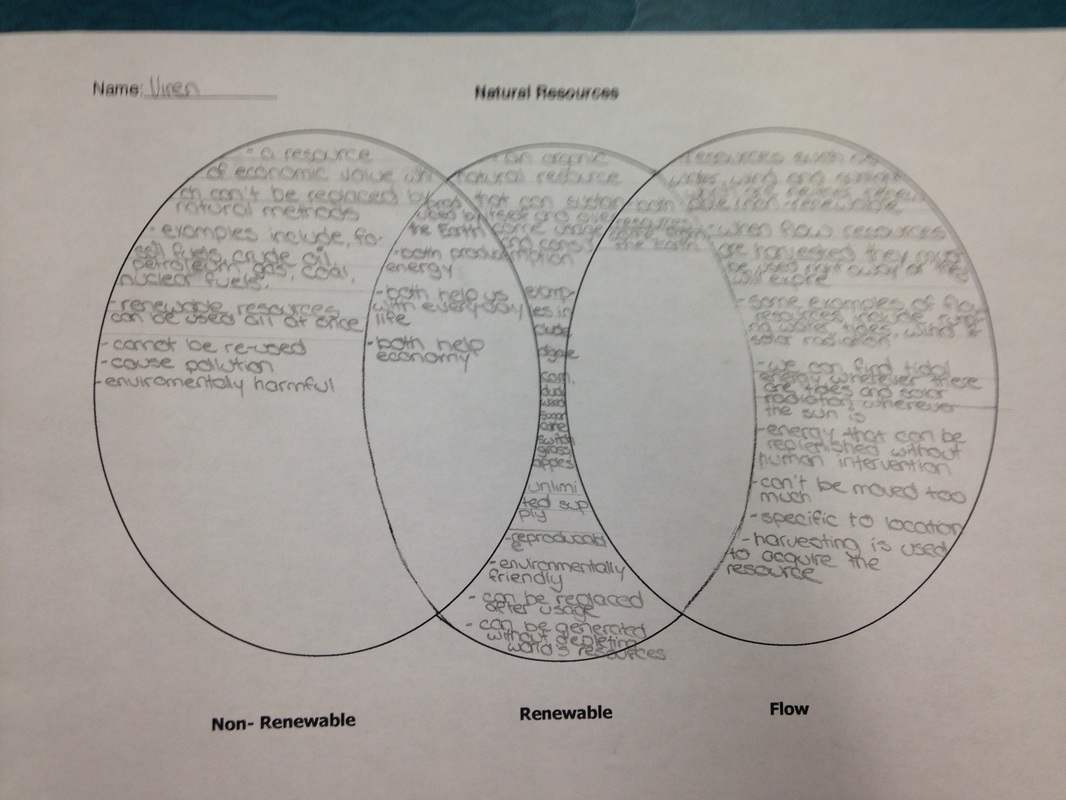
Geography Venn Diagram (Flow, NonRenewable and Renewable Resources) Viren's Geography Site
Renewable energy is available throughout the United States but resources vary greatly depending on location and microclimate. Before an agency initiates a distributed energy project, it should measure and verify the local resources. The following distributed energy resource maps, calculators, and screening tools are a good place to start.

👍 Sample of renewable resources. What Are Some Examples of Non. 20190130
Hydropower, energy generated with water, is one of the oldest and the most common renewable energy resource in the U.S., making up 6.5 percent of utility-scale electricity generation and 44 percent of generated renewable energy. When water flows, it produces energy. We capture this energy by allowing moving water in rivers, waterfalls or.

Venn Diagram Of Renewable And Nonrenewable Resources
Energy sources can be categorized as either nonrenewable or renewable. Nonrenewable energy sources are those that are consumed faster than they can be replaced. Nonrenewable energy sources include nuclear energy as well as fossil fuels such as coal, crude oil, and natural gas. These energy sources have a finite supply, and often emit harmful.

6th Grade Science 2nd Six Weeks (Week 2) Earth's Energy Resources
Hydropower and wood were the most used renewable energy resources until the 1990s. Since then, U.S. energy consumption from biofuels, geothermal energy, solar energy, and wind energy have increased. Total U.S. renewable energy production and consumption reached record highs in 2022.

Wide observation to renewable energy sources. Download Scientific Diagram
Renewable resources include biomass energy (such as ethanol ), hydropower, geothermal power, wind energy, and solar energy. Biomass refers to organic material from plants or animals. This includes wood, sewage, and ethanol (which comes from corn or other plants).
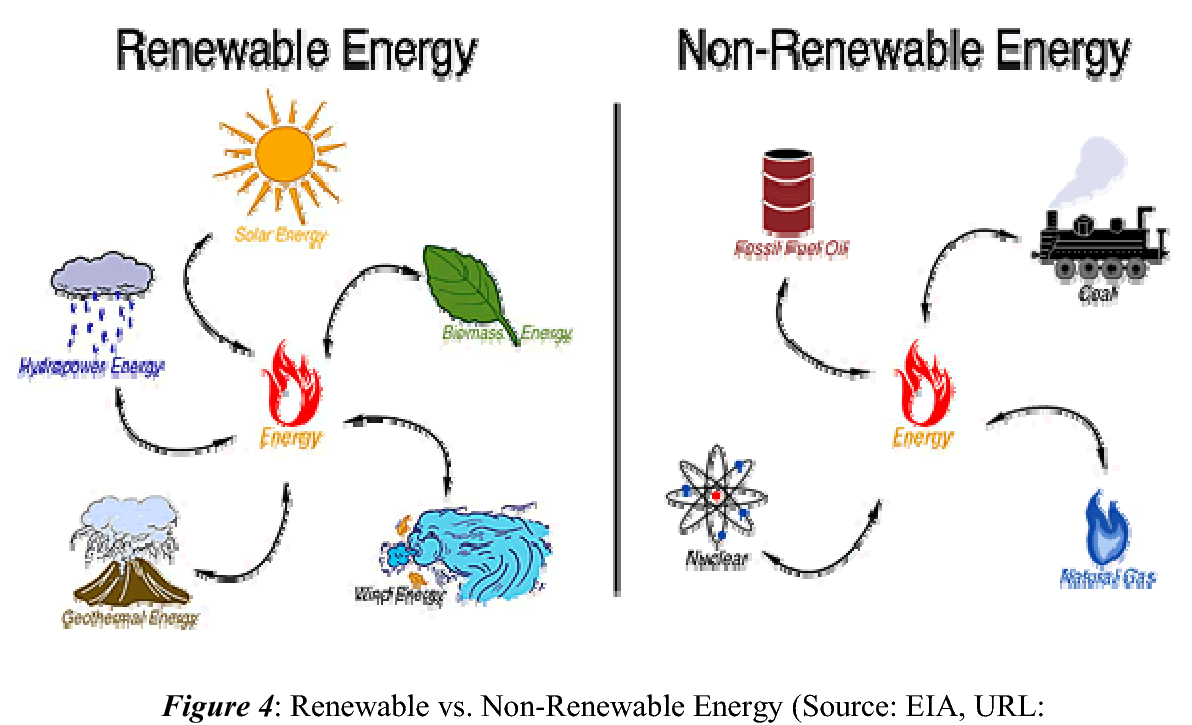
Renewable Resources Renewable Resources Definition And Examples
Ways To Boost Renewable Energy Cities, states, and federal governments around the world are instituting policies aimed at increasing renewable energy. At least 29 U.S. states have set renewable portfolio standards—policies that mandate a certain percentage of energy from renewable sources. More than 100 cities worldwide now boast receiving at.

Potential renewable energy sources Download Scientific Diagram
"Renewable energy is generally defined as energy that is collected from resources which are naturally replenished on a human timescale, such as sunlight, wind, rain, tides, waves, and geothermal heat.